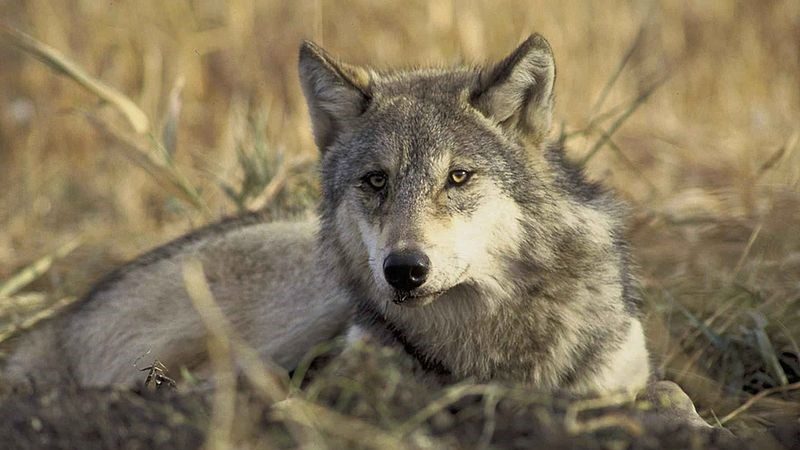The Department of Natural Resources’ hotly debated wolf management plan is one of the 27 proposed rules Gov. Tony Evers’ administration is pushing to implement without going through JCRAR. The wolf management plan, approved by the Natural Resources Board in 2023, lays out guidelines for regulating the wolf population in Wisconsin, including how a wolf hunt would be conducted if gray wolves are re...
Please log in to access subscriber content.
If you don't have a subscription, please contact schmies@wispolitics.com for subscription options on the WisPolitics-State Affairs platform, which is the new home for WisPolitics subscriber products.

